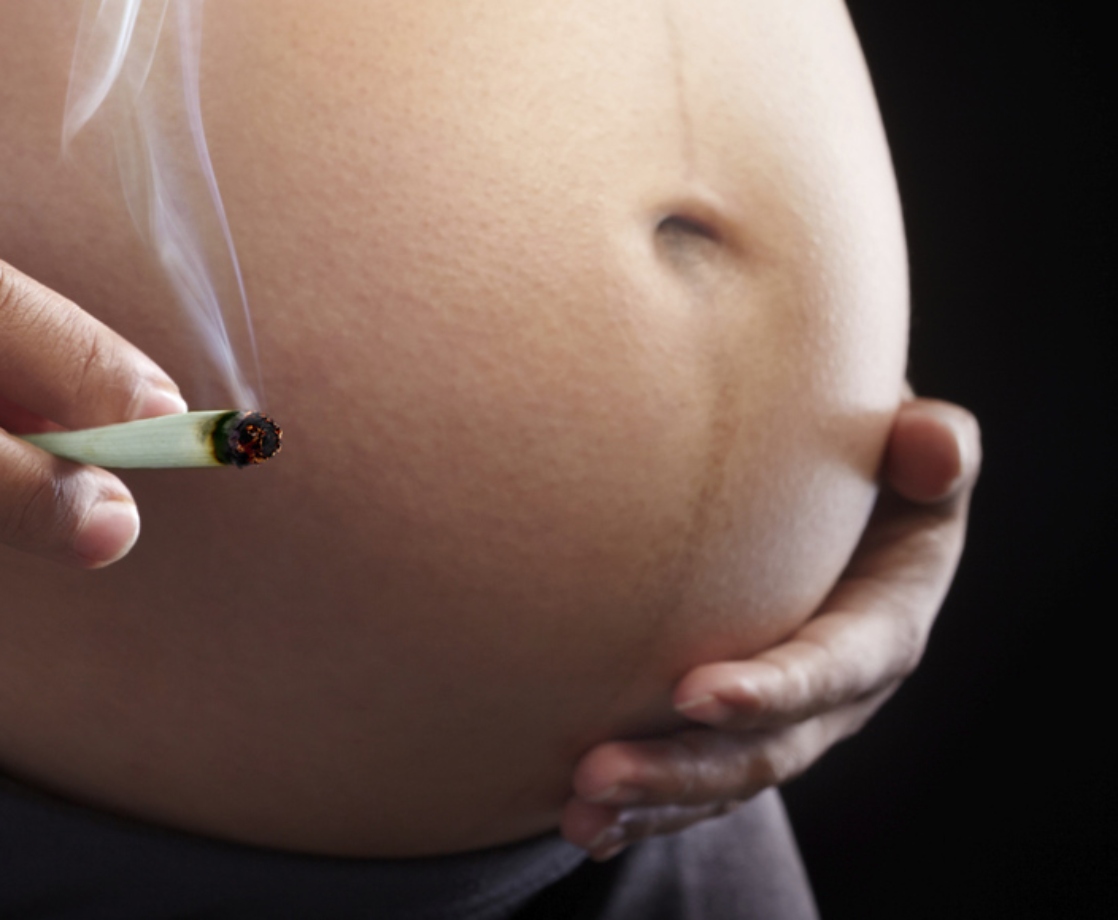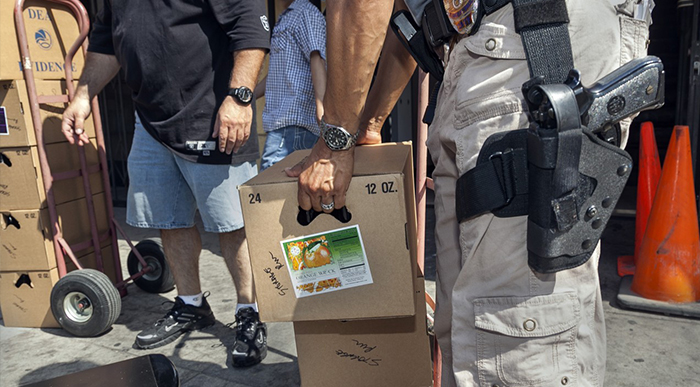Image via
Last week, a new research study linking prenatal cannabis use to autism made headlines, raising further concerns over the unknown risks of using weed while pregnant.
Mainstream media is quick to seize on attention-grabbing research headlines like this one, but reporters are generally content on taking these studies at their word, without examining the limitations of the research. Clinical researchers are now urging people to take the study’s findings with a grain of salt, as it does not conclusively prove that prenatal pot use causes autism.
The original study, published in Nature Medicine, looked at data from every birth recorded in Ontario, Canada, between 2007 and 2012. Researchers then identified 2,200 women who admitted to using pot while pregnant, but did not use tobacco, alcohol, or opioids. The study authors also tracked diagnoses of autism and other neurodevelopmental conditions among children born during this time period.
Out of all the babies covered in the study, 7,125 were diagnosed with autism. A further analysis of the data revealed that women who used cannabis were more likely to give birth to children with autism than those who abstained. “Women who used cannabis during pregnancy were 1.5 times more likely to have a child with autism,” said study author Dr. Darine El-Chaâr, maternal fetal medicine specialist and clinical investigator at Ottawa Hospital Research Institute in Canada, to CNN.
The results of the study are particularly concerning, especially given the large study size. But as a purely observational study, there are a number of limitations that prevent scientists from conclusively proving that prenatal cannabis use causes autism. For one, recreational cannabis use was illegal in Canada until 2018. Some mothers who used pot while pregnant may have lied about their use for fear of recrimination, and therefore wrongly been counted as abstainers.
“There’s a long history of efforts to harshly criminalize drug use during pregnancy, and this is damaging to mothers and babies because it shunts women from the healthcare system to the legal system in really damaging ways,” said Stephen Sheinkopf, associate professor of psychiatry and human behavior at Brown University in Providence, Rhode Island, to Spectrum News. “We as clinical scientists need to advocate for the findings to be used to improve healthcare and not for the purposes of criminalization of moms.”
The study was also unable to collect information on what kind of cannabis these expectant mothers used, or how often they used it. Given that non-medical cannabis was illegal at the time of the study, it is likely that some of these mothers were using black market cannabis. Other studies have found that illegally-grown weed is often contaminated with molds, toxic pesticides or other chemicals, or heavy metals, and it is entirely possible that these contaminants were responsible for the increased autism risk.
The authors of the study are well aware of the limitations of their research, and specifically emphasized “a cautious interpretation of these findings given the likelihood of residual confounding.” Lead investigator Daniel Corsi, senior research associate at the Ottawa Hospital Research Institute in Canada, told Spectrum News that “this is still a database study and it’s not going to answer all the questions… We don’t have perfect data.”
Keely Cheslack-Postava, research scientist at the New York State Psychiatric Institute, said that the study does not prove a link between cannabis and autism, but does show that the issue is “a question that deserves further examination.” The researcher added that the original study made “great use of the data that was there,” but added that he “would like to see that kind of evidence in the future to help us really assess if this is a true association.”
Other research studies have found that cannabis use among pregnant women has definitely been increasing over recent years. Clinical research evaluating the actual risks of prenatal pot use has been a mixed bag, however, and few of these studies have been able to present conclusive proof of their findings.
Until further research can conclusively prove or disprove these potential risks, health experts urge expectant mothers to err on the safe side and refrain from cannabis use during pregnancy.











